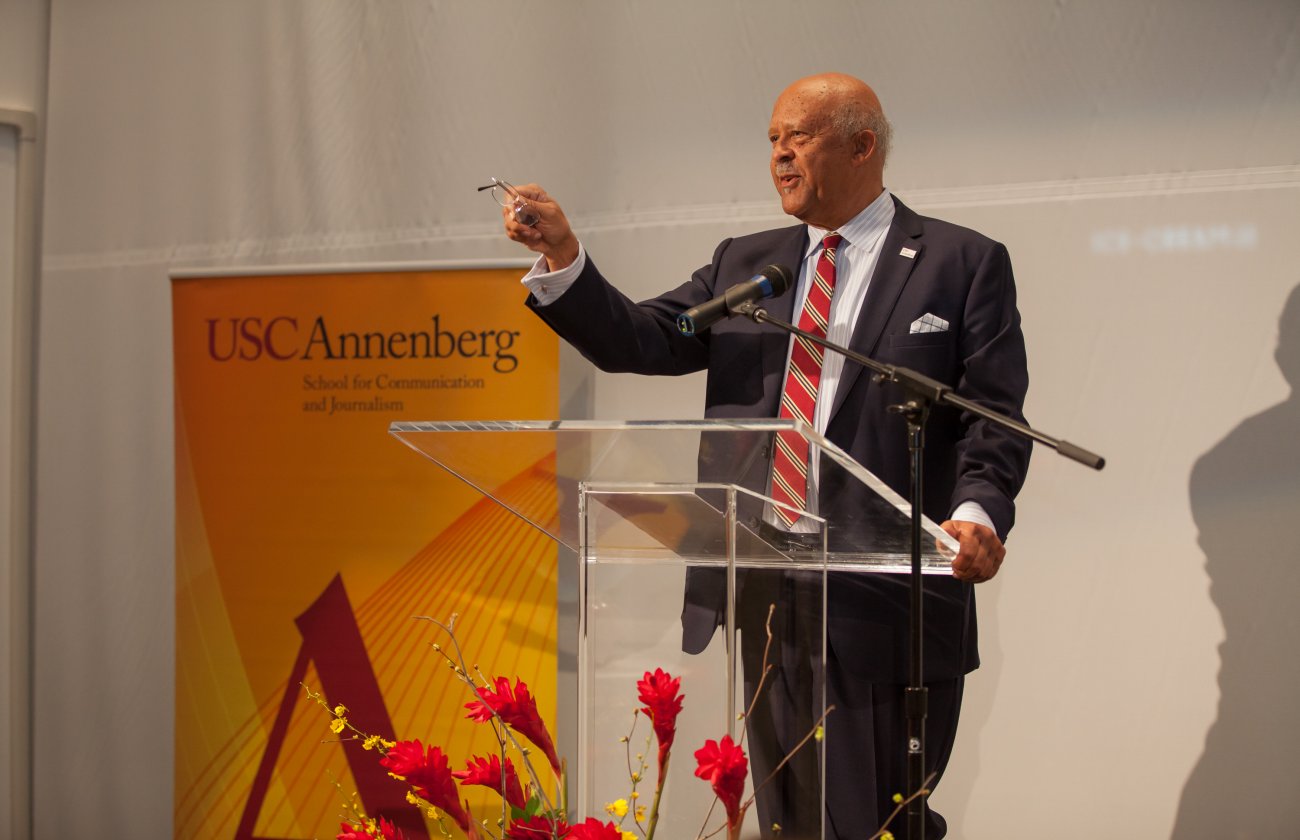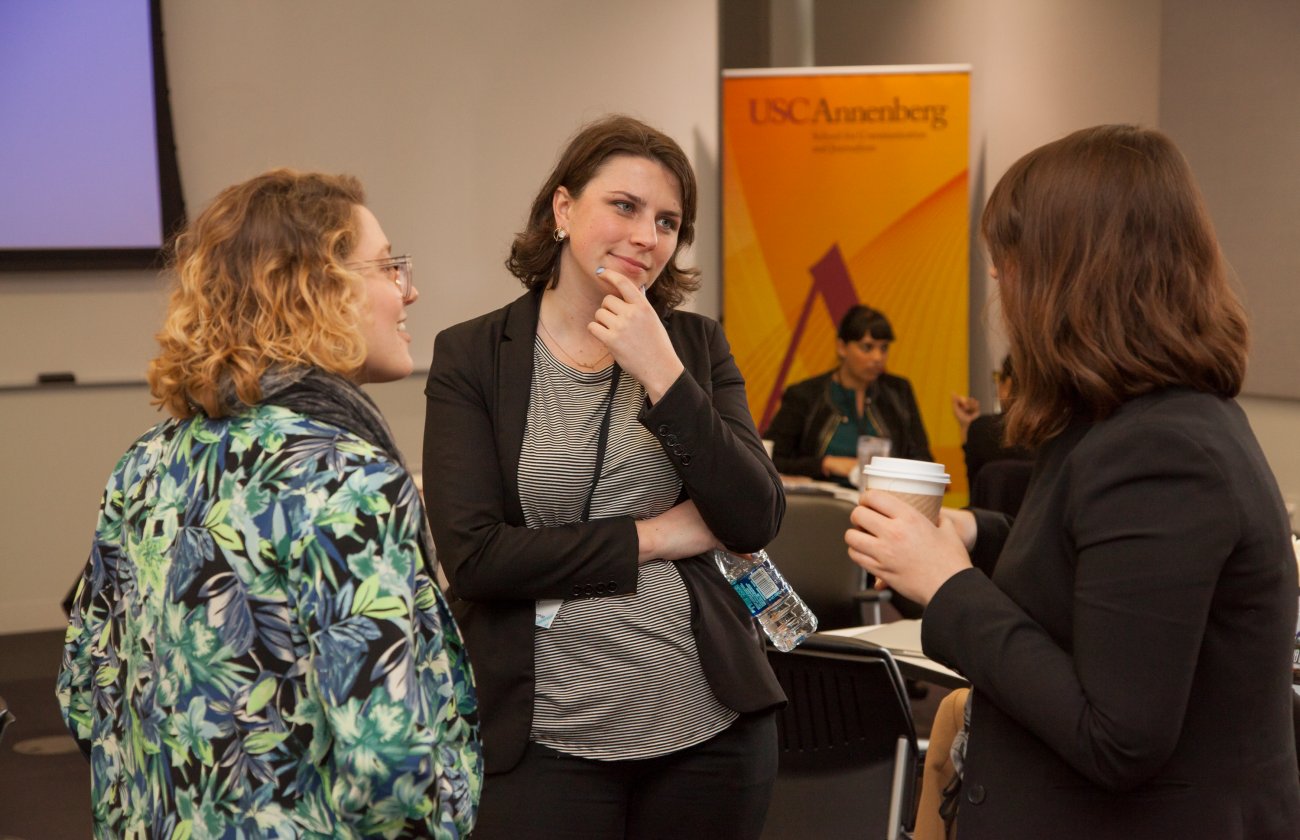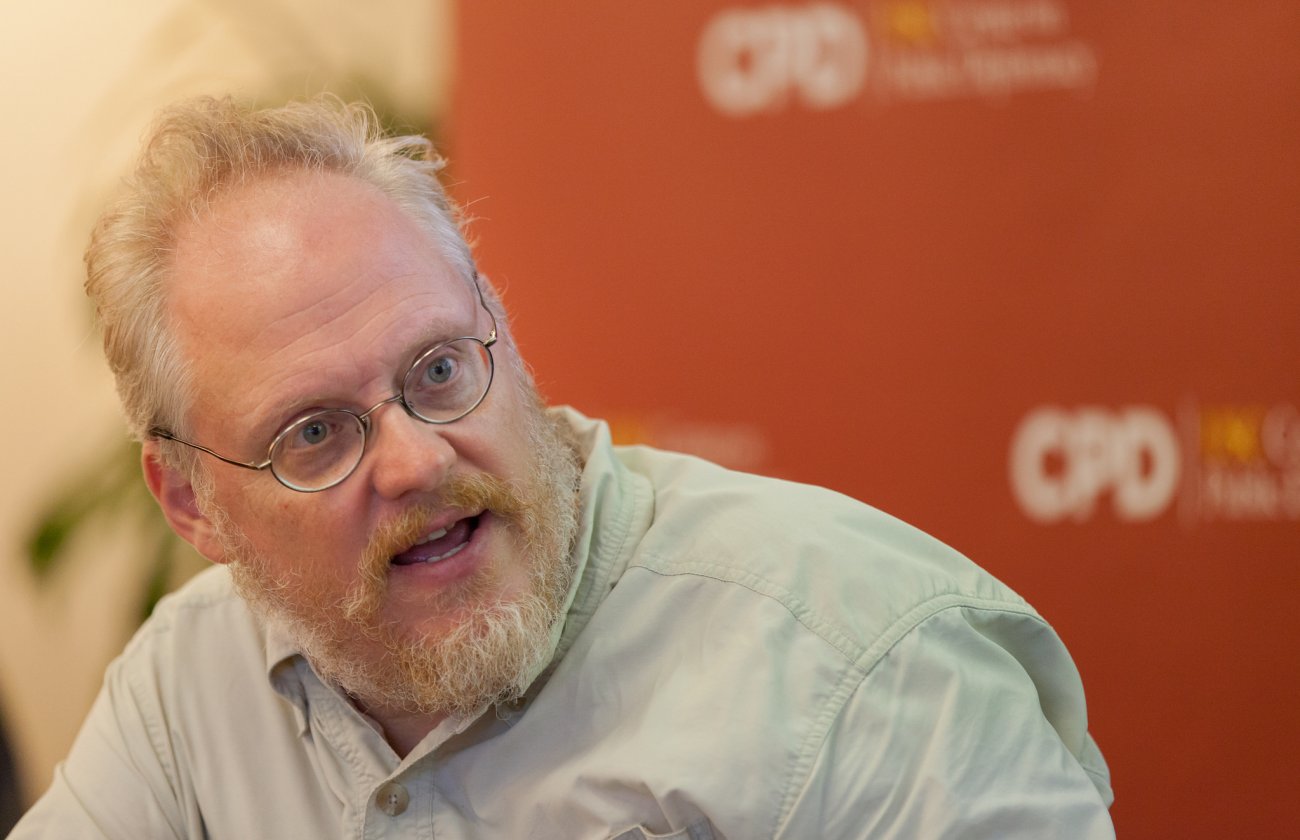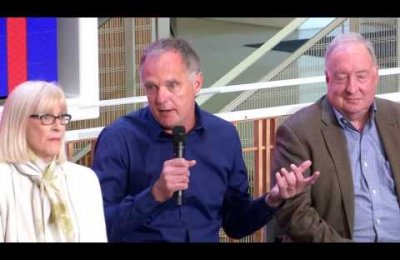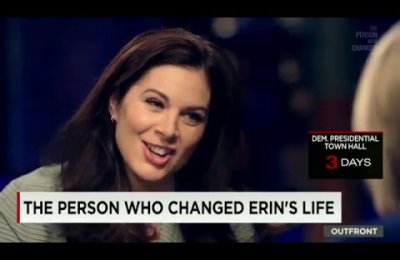By Anne Bergman
According to newspaper publisher Aaron Kushner, the reports that the print medium is dead have been greatly exaggerated.
Kushner said he expects the Orange County Register, which Kushner’s private equity firm 2100 Trust LLC purchased in 2012, to be profitable this year. This news pricked up the ears of the Annenberg students, faculty and staff attending the “Journalism Forum: The Community-Building Role of Newspapers” hosted by USC Annenberg Dean Ernest J. Wilson III on February 25.
Kushner’s appearance also drew to campus an Associated Press reporter, the web editor from La Opinion and the publisher of the Outlook newspapers. All were curious about Kushner’s business model as well as when his latest venture, the Los Angeles Register, will debut. With the L.A. Register, Kushner -- whose portfolio includes the Press-Enterprise in the Inland Empire and various Southern California publications -- plans to take on the LA Times in its own backyard.
While acknowledging that the Times is “a very good national newspaper,” Kushner said, “We produce a different kind of newspaper and the community will be better off. We have a different political perspective that will over time prove valuable to Angelenos.”
Dean Wilson introduced Kushner, who was accompanied by Brian Calle (’05), opinion editor, Orange County Register; Donna Wares, managing editor, Orange County Register; and Ron Sylvester, Los Angeles Register editor. Dean Wilson asked Kushner to discuss his vision for the future of his publishing enterprise.
“We exist to build community,” Kushner replied. “Reporting is one of the tools we use. New technologies can open up storytelling channels, but we are decidedly NOT digital-first. We are subscriber-first and our advertisers are number two.”
Kushner further explained that chasing after digital dollars, which he said represents 10 percent of his revenue, will not lead to long-term success. If newspapers are going to be successful well into future, they will need to beef up their subscriber base, he said.
In addition, Kushner disputed the notion that online reader “clicks” can be accurately measured or that they should be used to dictate what gets published in the newspaper. “Just because you can measure it, doesn’t mean it’s accurate,” he said. “Our most clicked-on stories are all crime-related. But our entire world doesn’t revolve around crime.”
Kushner expressed a similar attitude toward focus groups. “Editors should make the judgment. Just as we are not just tossing out link bait, we don’t think you can ‘focus group’ your way to a better newspaper product. Instead, we’ve found a direct correlation between a better product and a great staff.”
Kushner remained calm and collected, even as skeptical faculty members questioned him about the longevity of a business model focused primarily on print.
He went on to critique newspapers for being “incredibly depressing.” Kushner asked the crowd: “How many of you enjoy feeling depressed?” Annenberg Digital News Managing Editor Alan Mittelstaedt was the only person in the room to raise his hand. “Well, 90 percent of newspapers are targeting you,” Kushner told him.
“What you write, how you write it, ends up creating a personality,” the publisher said, noting that his staff “crafts a product they find enjoyable.”
In the end, Kushner said putting together a successful newspaper is “an art not a science. It’s really the quality of the narrative that matters.”

